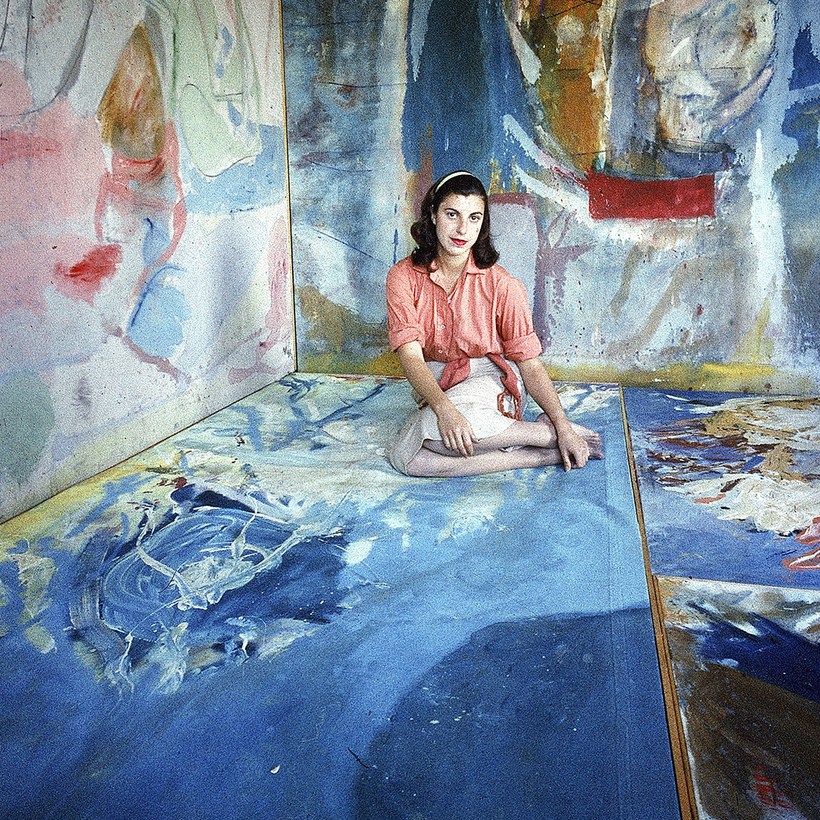The librarian gave me a pair of flimsy white cotton gloves—a prerequisite to handling the letters and photos in the archive. Putting on these shapeless things—was that my thumb in the pinky hole?—I wondered what I was being protected from. Of course, it was the materials that were being protected from me. God forbid I get my dirty fingers on that dog-eared photo of the person smiling on the gray beach in the high-hiked swim trunks of yesteryear. But what if the gloves were actually protecting me from the past?
Strange spirits. Woken demons. A researcher does well to keep distant from the crumbling personalities of the archive. When an irate librarian all but ordered me to leave the premises for failing to wash my hands at a specially appointed sink just outside the lockdown-style special-collections room, she was, I now realize, doing me a favor. In those more innocent, pre-coronavirus times of four years ago, I would not have understood otherwise that I needed some protection, some cleansing as with holy water, before the papery séance awaiting me within.

